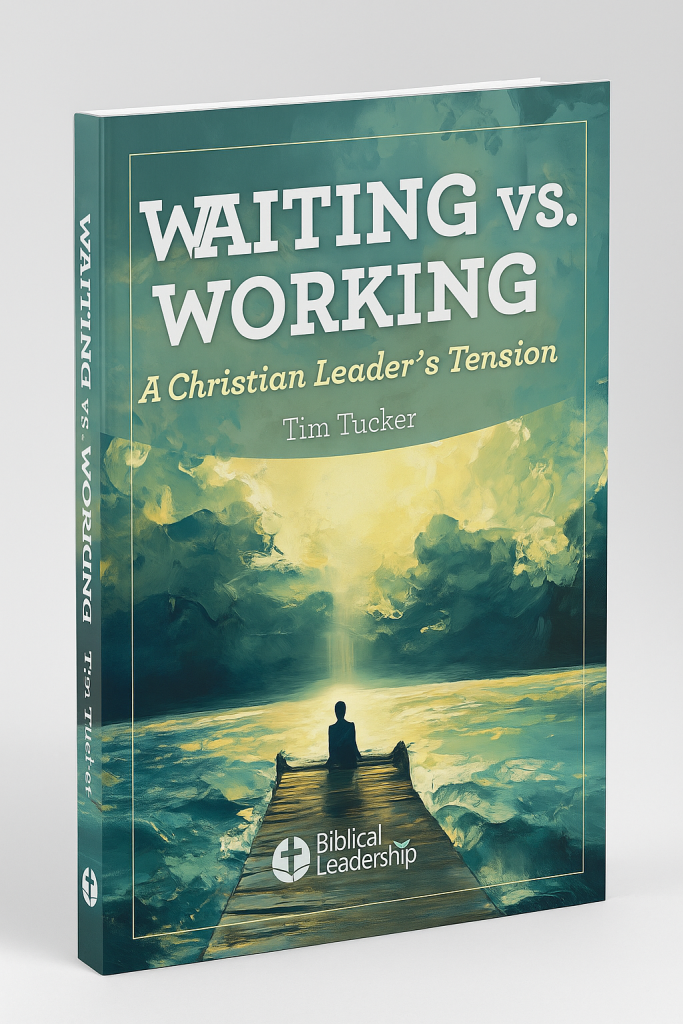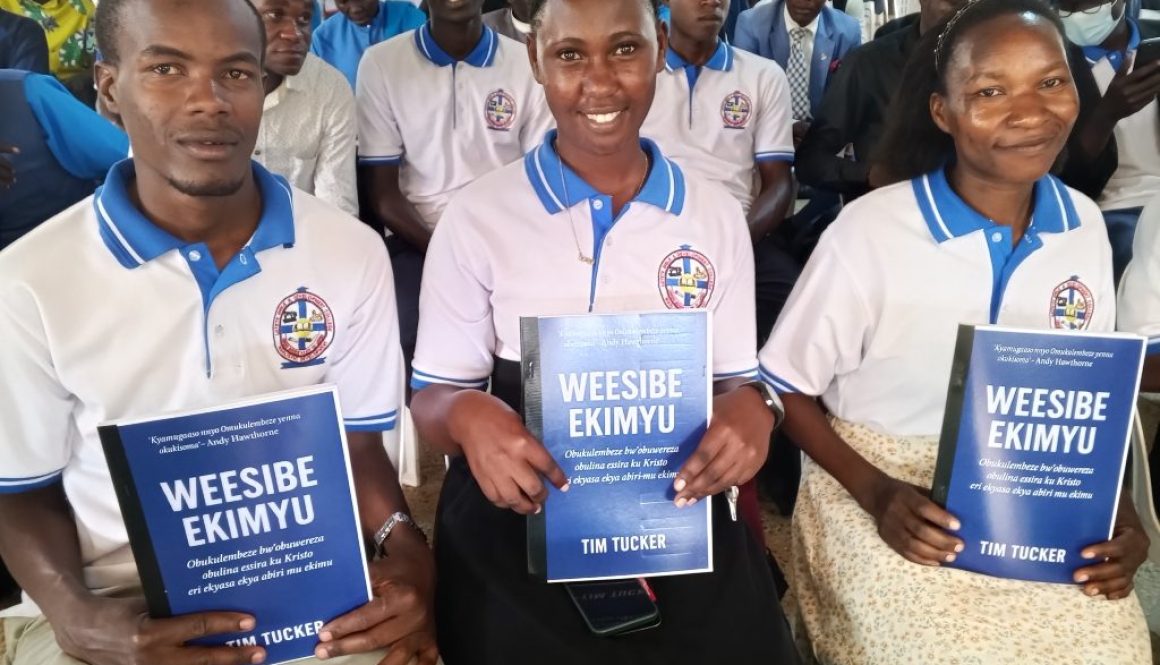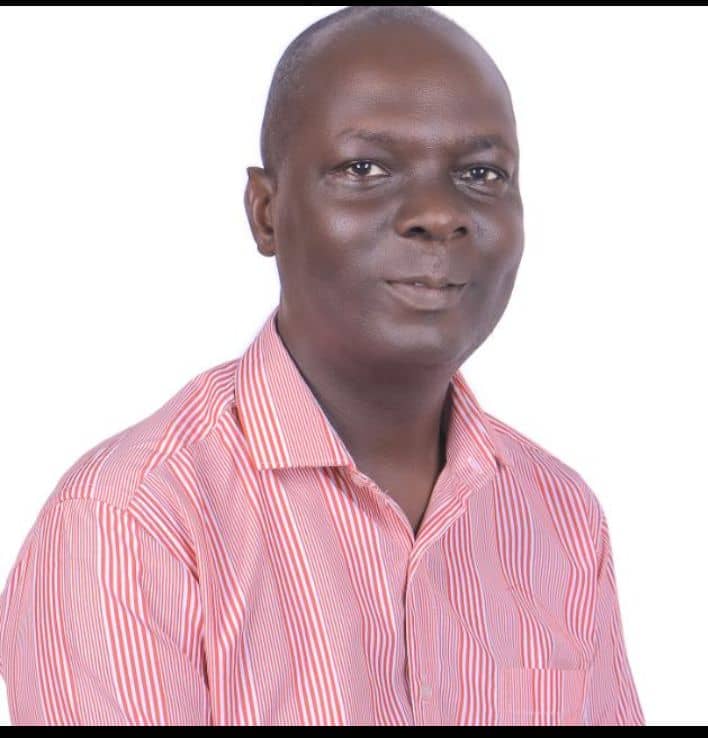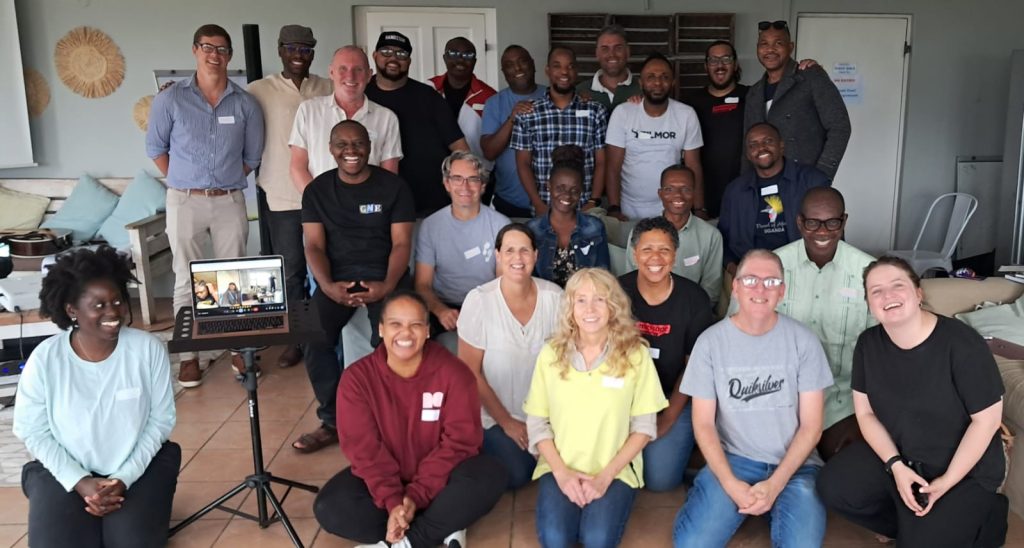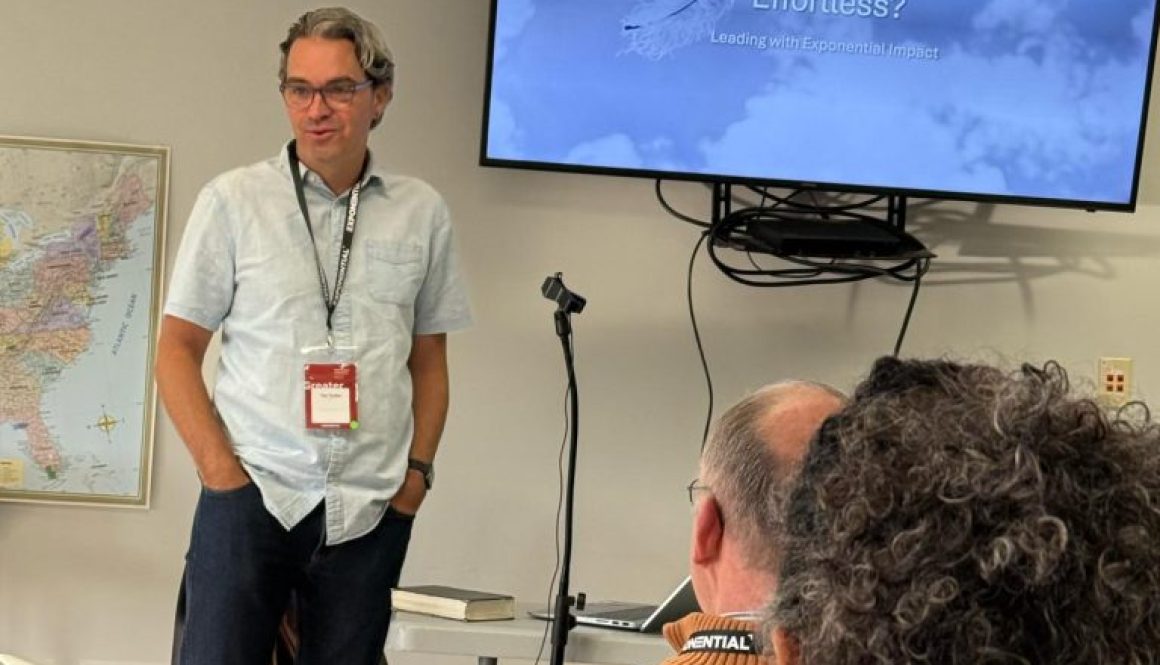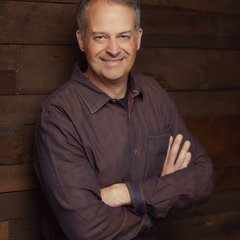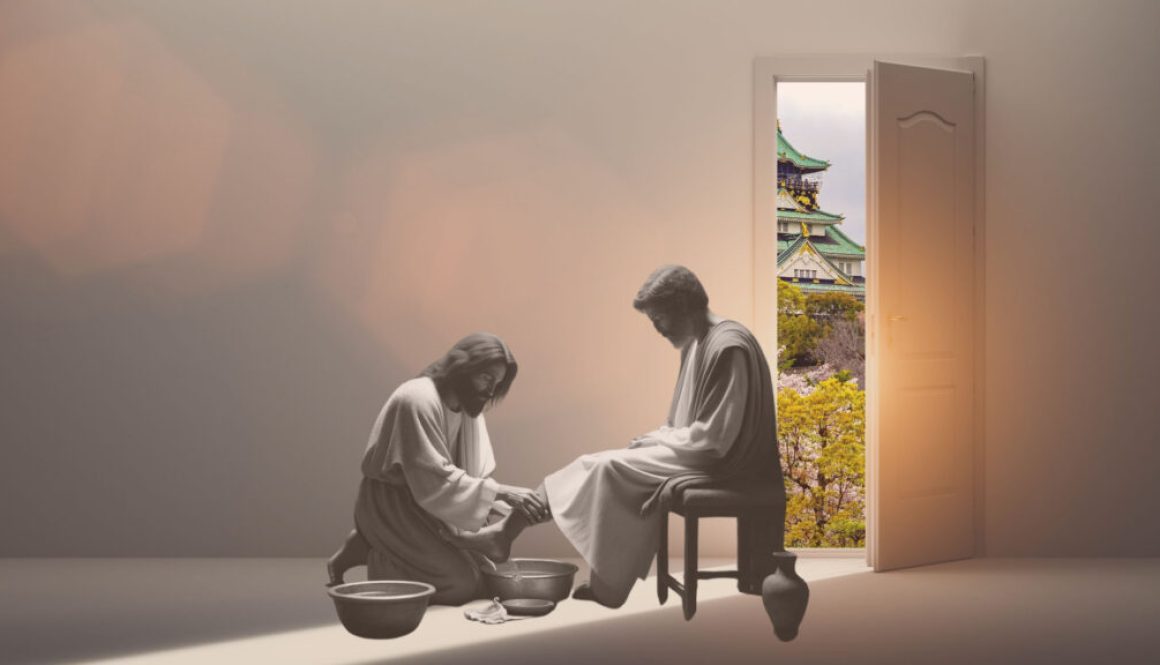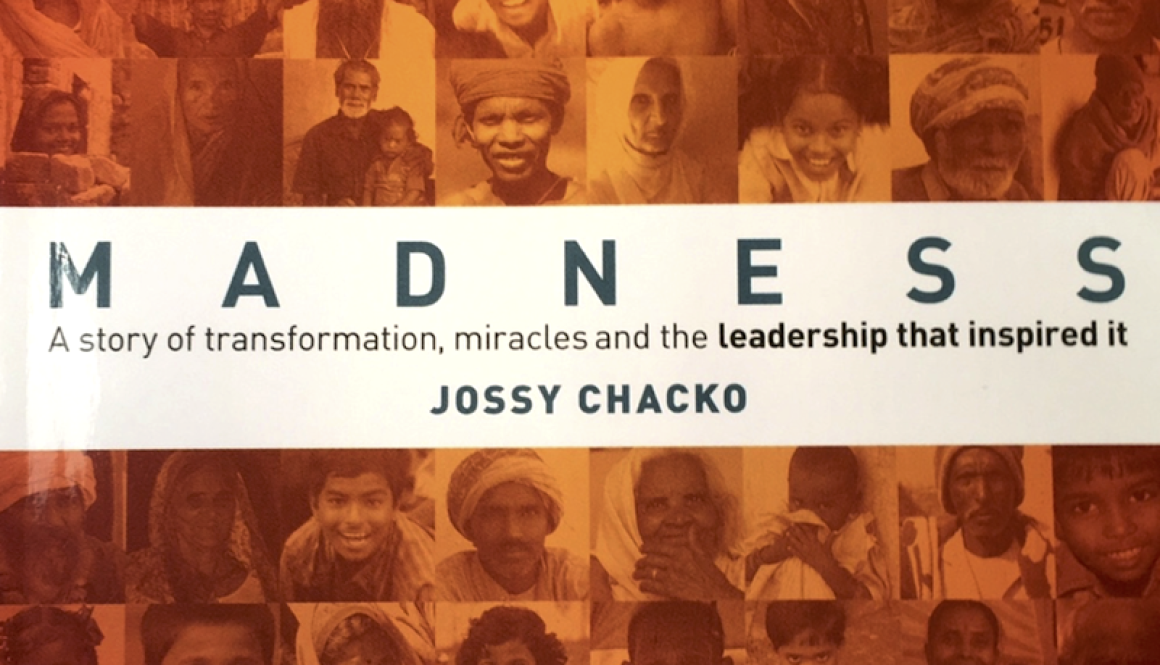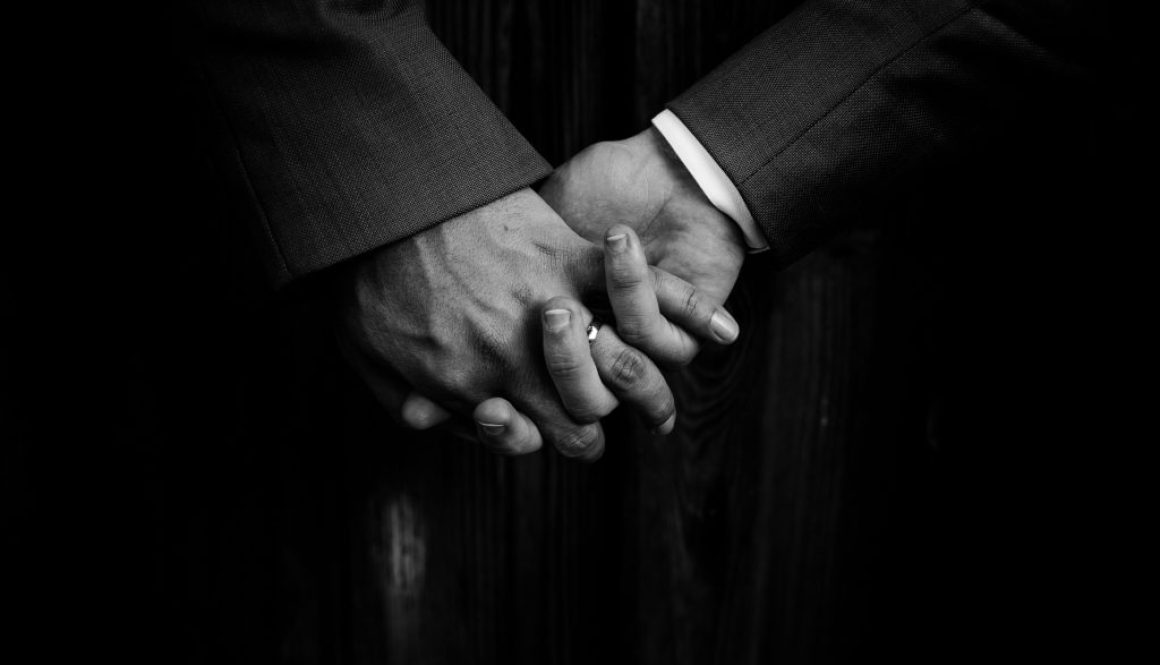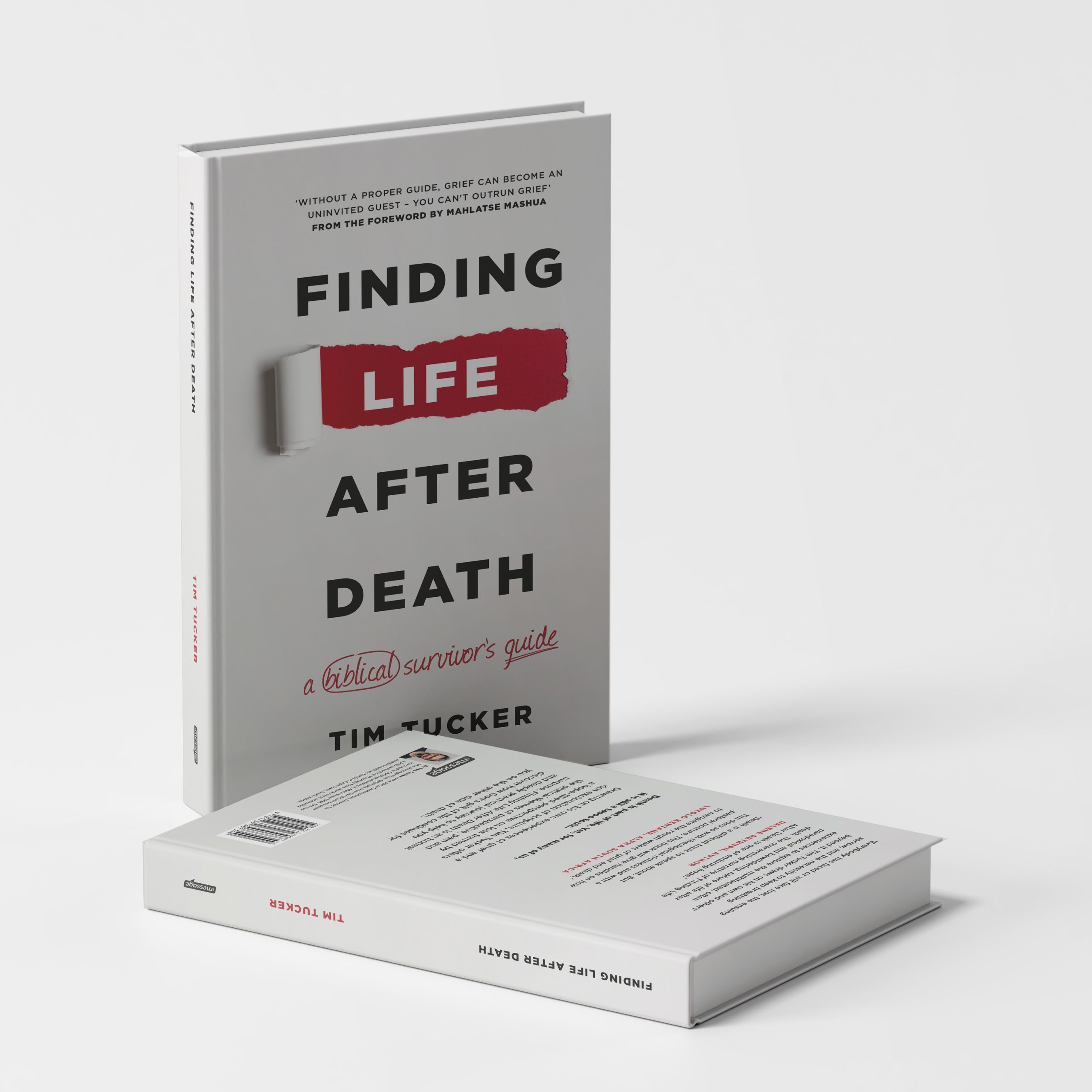Waiting vs. Working
Living in the tension that transforms leadership
There are many mind-blowing verses in the Bible, but this promise from Jesus grabs me by the throat every time I read it:
“Very truly I tell you, whoever believes in me will do the works I have been doing, and they will do even greater things than these, because I am going to the Father.” (John 14:12)
Wait—did Jesus really mean what He said? That we would do greater things than Him?
Since 2013, I’ve had the privilege of being part of The Message Trust. Our founder and now global leader, Andy Hawthorne, consistently reminds us that we are ordinary people in the hands of an extraordinary God. And when we recognise that and depend on Him, remarkable things can happen. Since joining The Message, I’ve witnessed God move incredibly, transforming lives in urban centres worldwide and restoring dignity to the poor and brokenhearted. Andy often points us to Ephesians 3:20, where we’re reminded that God can do “immeasurably more than all we ask or imagine.”
And yet, we still long for more. We long to see God’s name and renown honoured across the world, especially in marginalised, impoverished, and systemically broken urban communities.
This raises a profound question: How is this possible? Can we expect to do greater things than the Lord Jesus Christ?
Many leaders operate under the paradigm that success is proportional to effort. We naturally assume that productivity directly correlates with reward. This seems to be a fundamental law of leadership. But what if biblical leadership operates from a completely different paradigm?
It’s time to rethink our success-driven worldview, especially in approaching leadership as Christians. Scripture teaches that we are called to lead with exponential impact that is disproportionate to our efforts. Scripture doesn’t speak in terms of success, but in terms of fruitfulness. The source of fruitfulness isn’t our effort, but our reliance on the Holy Spirit. In this paradigm, the goal isn’t popularity or praise, but Spirit-inspired, God-exalting worship.
This approach to life and leadership is woven throughout the entire Bible. It starts in Genesis, with God’s command to Adam and Eve to be fruitful and increase in number (Gen. 1:28), and continues with His promise to Abraham that his descendants would be countless and a blessing to the world (Gen. 12:2–3). In Genesis 26:12, we see a physical example of this principle when the Lord blesses Isaac with a hundredfold harvest—an abundant result that went far beyond his effort.
This account of Isaac’s extraordinary harvest provides context for Jesus’ promise that those who receive the good seed of the gospel will produce “a crop—some thirty, some sixty, some a hundred times what was sown” (Mark 4:20). Jesus wasn’t talking about personal prosperity, but about kingdom fruitfulness. The fruit is disproportionate to the effort because it comes from receiving and believing the Word!
“Every good seed that falls on good soil has great potential for multiplication.”
— Bekele Shanko
However, the path to this kind of impact can feel counterintuitive. Don’t get me wrong—the Bible clearly endorses hard work (e.g., Col. 3:23). But it also consistently calls us to depend on God. Throughout Scripture, we’re encouraged to wait on the Lord.
It’s in that sacred tension between working hard and waiting on God that true fruitfulness can happen.
That tension has challenged and shaped me as a leader. It’s why I’ve written Waiting vs. Working: A Christian Leader’s Tension, which explores what I’ve learned about leading from a posture of dependence rather than drive alone. This shift, done for His glory, can unlock fruit far beyond any human effort. I know, because I’ve seen it.
Maybe that’s what Jesus meant when He said we’d do even greater things.
Please click here to download your free copy of Waiting vs. Working, published by biblicalleadership.com. This is the first in a series of short leadership eBooks I’ll be releasing in the coming months.
